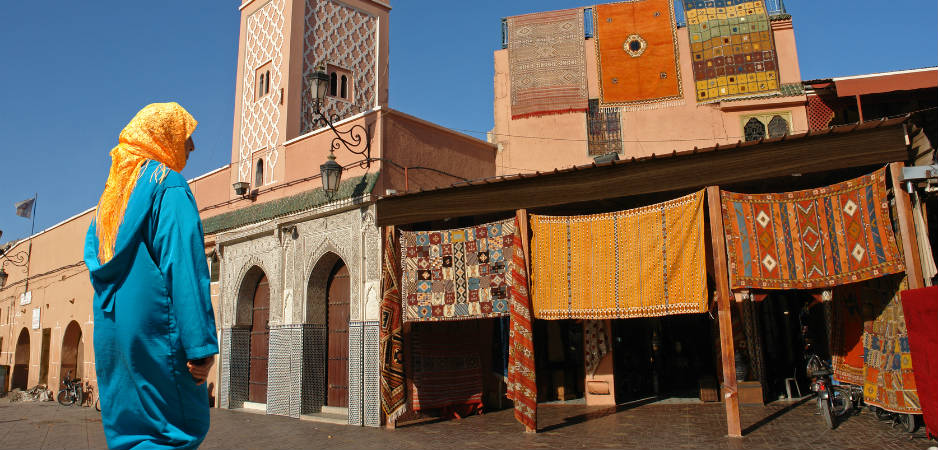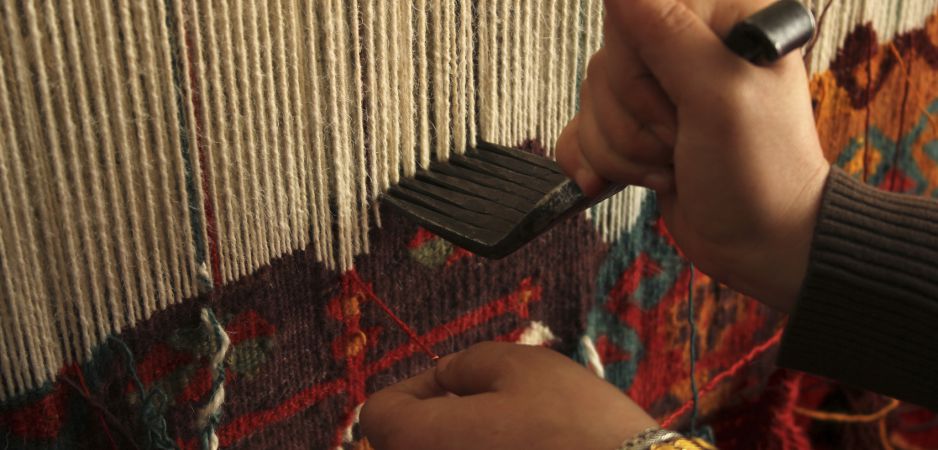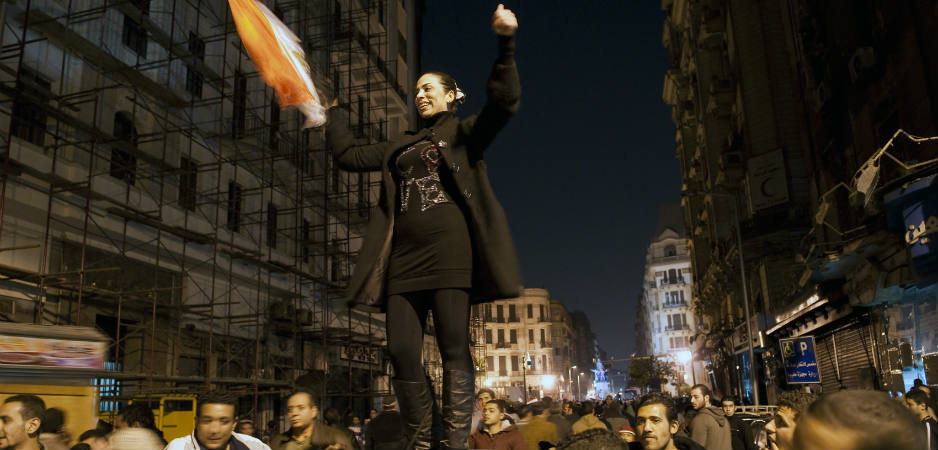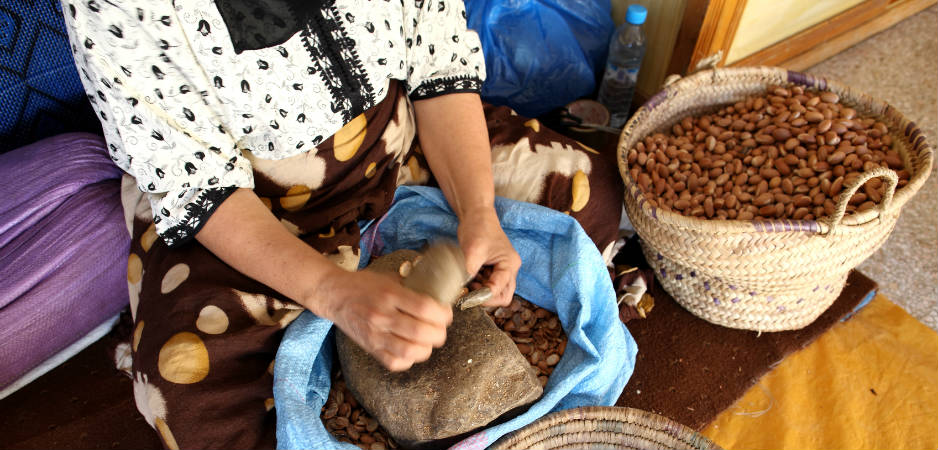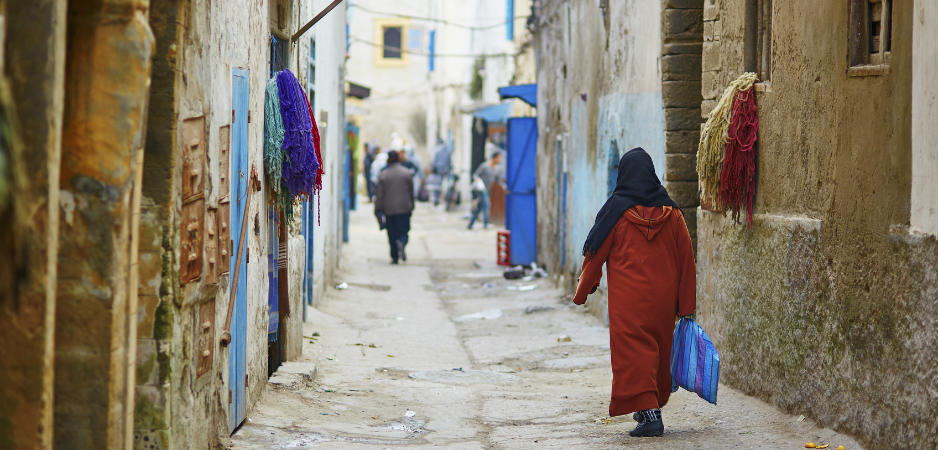Extremism cannot be defeated without the inclusion of women.
Women should be encouraged to take a greater role in counterterrorism efforts as women and girls are disproportionately affected by terrorist violence. This was the message brought home in a speech by Sarah Sewall, US under-secretary for civilian security, democracy and human rights, at a recent gathering. She was speaking about the critical importance of including countering violent extremism (CVE) in the agenda for Women, Peace and Security (WPS) programs that exist in many countries.
As Sewall noted: “In too many areas around the world, violent extremists threaten generations of hard-won progress for women and vulnerable minorities. To defend that progress—and to prevent a reversion of what Secretary [of State John] Kerry calls ’medieval thinking’—we must defeat violent extremism.”
She pointed to the grim reality that while military force is effective in defeating terrorists, “it cannot defeat terrorism.” Sewall called for increased funding to strengthen the capacity of “local voices of tolerance and inclusion.” She was concerned with the ability of military power to diminish “underlying grievances” that lead to growing extremist threats.
The role of WPS actors globally, including efforts by the private sector, foundations and nongovernmental organizations, is crucial to addressing marginalized and at-risk communities. Threats from extremists have become so transnational that Sewall believes “we cannot reduce extremist violence without women.”
Terrorism, Countering Violent Extremism and Morocco
In this regard, she made specific reference to an initiative in Morocco. “In Morocco, we’ll help women’s groups speak out against violent ideologies. And in the Morocco program, it’s not just inclusion as process. We’ll make sure that women are not only included in trainings, but also the substance—for example, by ensuring that trainings include a focus on the specific factors that can drive women to terrorist groups. We’ll be sure that women are included in our baseline data, analysis and metrics to evaluate impact. We’re hopeful this North Africa pilot will lead to best practices as we mainstream gender in our CVE programming.”
This initiative—and others like it, including the well-regarded training of imams, both Moroccan and foreign, and women and men religious counselors—brings together a whole society solution to attacking the spread of terrorist ideology. The under-secretary was quite blunt in her assessment of the challenges ahead.
“Violent extremists threaten everything the women’s community has worked to achieve. So let’s work together on behalf of this fundamental truth—defeating violent extremism is essential to women’s empowerment, and women’s empowerment is fundamental to defeating violent extremism.”
Recognizing the Threat of Women Terrorists
The recent arrests in the so-called “Notre Dame plot,” an attack against a police station in Mombasa, Kenya, and the increasing numbers of women identified as “warriors” on radical websites increasingly challenge counterterrorism officials to forge effective countermeasures.
In Paris, the latest information is that it was a Paris train station, not Notre Dame, that was the target. The four women charged with terrorism have been on the watch lists of the French government and were apprehended quickly when the owner of the car containing the gas cylinders was identified as the father of one of the women arrested. The four have been hailed as warriors by various jihadi websites.
In the Kenya attack, Reuters reported “that three women wearing hijabs snuck into a police station under the pretext of reporting a stolen phone, then stabbed a local officer and set fire to the building with a petrol bomb before all the three were shot dead.” The attack could have been much worse, as Kenyan authorities also recovered an unexploded suicide vest, two bullet-proof jackets and an unused petrol bomb from the dead suspects.
It is suspected that women are directed more toward suicide attacks because those do not require the same rigorous military-level skills and training available to men.
 Fair Observer provides you deep and diverse insights for free. Remember that we still have to pay for servers, website maintenance and much more. So, donate now to keep us free, fair and independent.
Fair Observer provides you deep and diverse insights for free. Remember that we still have to pay for servers, website maintenance and much more. So, donate now to keep us free, fair and independent.
This chilling reality, reminiscent of women resistance fighters in the Algerian War for Independence and female bombers (mostly brain-washed girls) used by Boko Haram and the Viet Cong (separated by 60 years, yet still a potent reality), is reflected in several articles in The Independent, which further reinforce heightened concerns with women terrorist cells.
Based on existing research, women are taking a much more visible role in attacks against civilian and military targets because their physical appearance is perceived as less threatening. This leads to the British experience that, according to recent data, more women were arrested on terrorism charges year-on-year from 2014 to 2015.
Under-Secretary Sewall called on WPS organizations around the world to take a leadership role in integrating CVE into their programs. She stressed that: “In high policy discussion and advocacy, in field work and programming, in mentorship and capacity-building—there are countless opportunities for the WPS community to advance its central objective through CVE. CVE needs your help—your issue advocacy, your expertise, your sustained engagement on this agenda.”
It is a call to action that underscores the centrality of women in promoting security and stability.
The views expressed in this article are the author’s own and do not necessarily reflect Fair Observer’s editorial policy.
Photo Credit: Narvikk
For more than 10 years, Fair Observer has been free, fair and independent. No billionaire owns us, no advertisers control us. We are a reader-supported nonprofit. Unlike many other publications, we keep our content free for readers regardless of where they live or whether they can afford to pay. We have no paywalls and no ads.
In the post-truth era of fake news, echo chambers and filter bubbles, we publish a plurality of perspectives from around the world. Anyone can publish with us, but everyone goes through a rigorous editorial process. So, you get fact-checked, well-reasoned content instead of noise.
We publish 2,500+ voices from 90+ countries. We also conduct education and training programs
on subjects ranging from digital media and journalism to writing and critical thinking. This
doesn’t come cheap. Servers, editors, trainers and web developers cost
money.
Please consider supporting us on a regular basis as a recurring donor or a
sustaining member.
Support Fair Observer
We rely on your support for our independence, diversity and quality.
Will you support FO’s journalism?
We rely on your support for our independence, diversity and quality.


